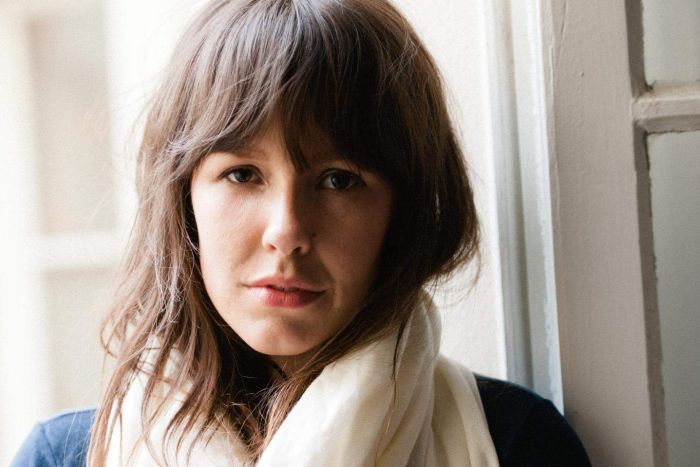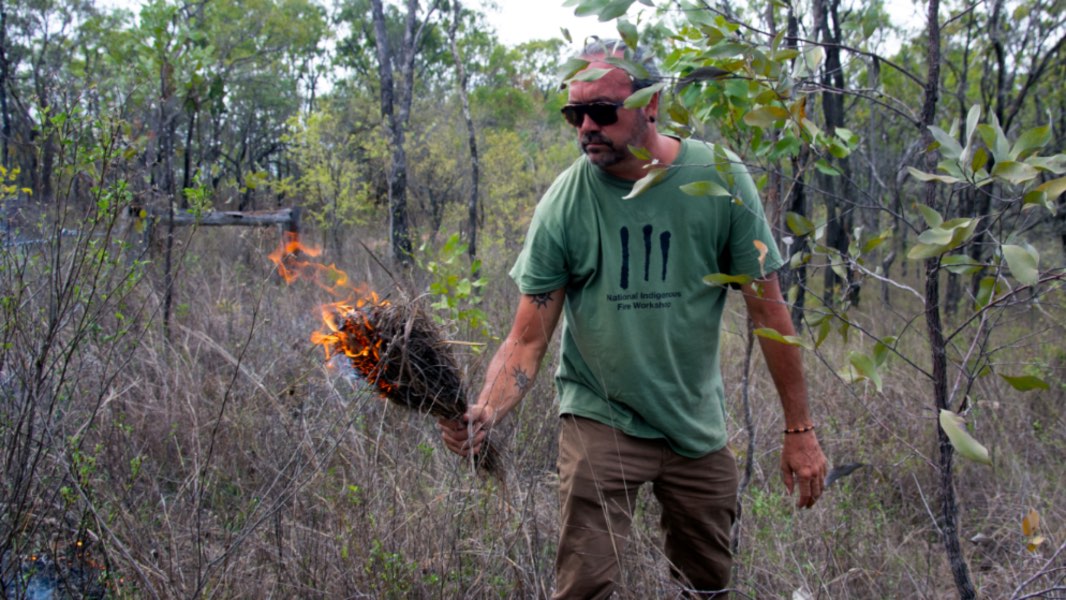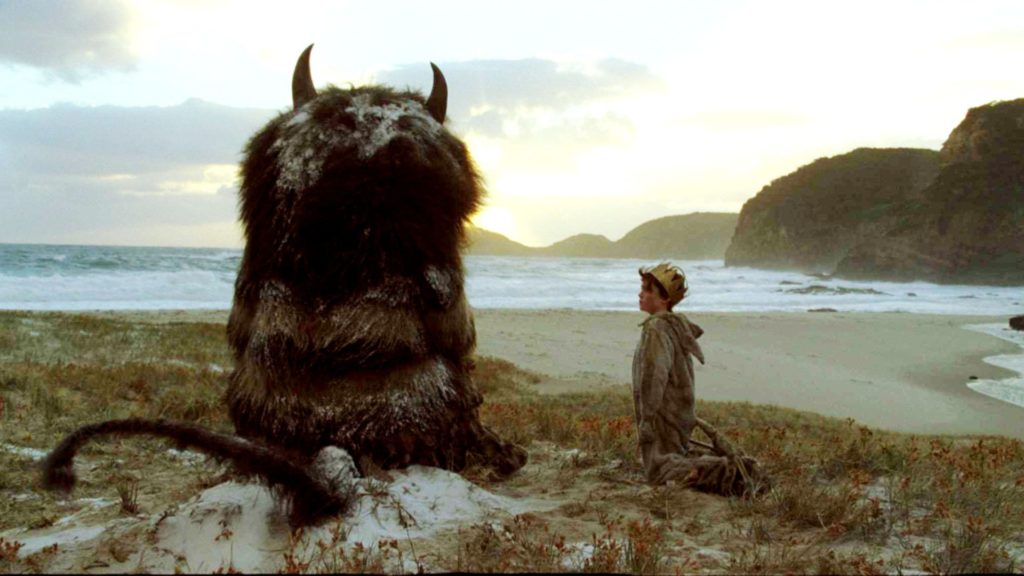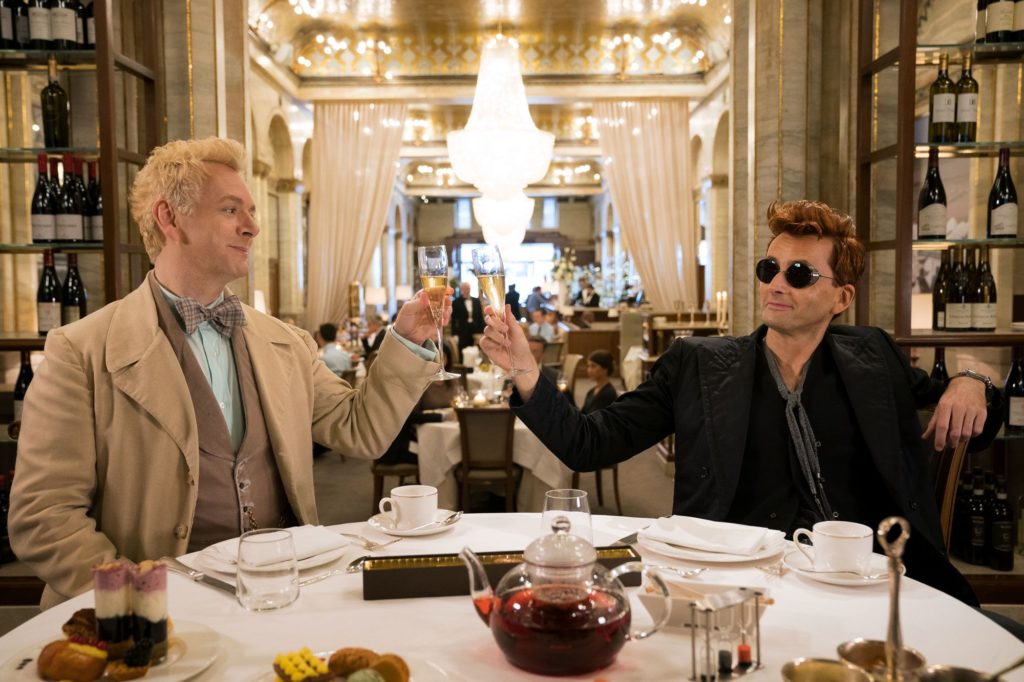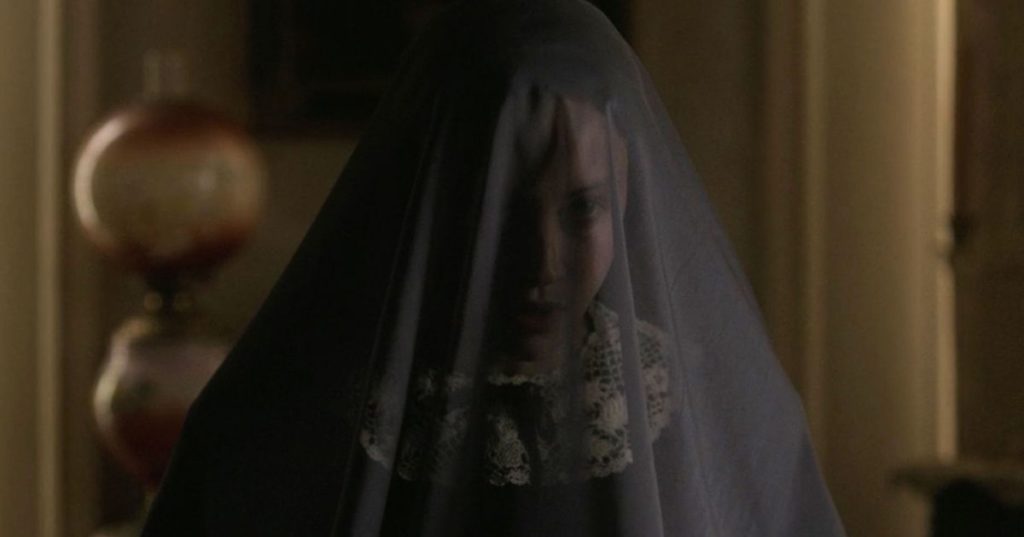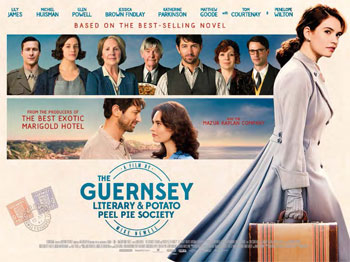Jane McCredie, CEO
Last night, I watched the NSW Premier’s Literary Awards online. It wasn’t quite as good as having all the excited winners in the same physical space, but still a wonderful celebration of brave and brilliant writers confronting some of the biggest questions we face as Australians. It was wonderful to see so many writers Writing NSW has worked with honoured, including Peter Polites who will be speaking at our first online Talking Writing event on Thursday, Tony Birch and S Shakthidharan.
I was particularly moved to see Tara June Winch, judge and mentor for our inaugural Boundless Indigenous Writer’s Mentorship, win the fiction and people’s choice prizes as well as Book of the Year. Her winning novel, The Yield, is a luminous work of grief and hope, exposing the violent histories of settlement while celebrating the resilience of Wiradjuri culture and language.
All the announcements and the winners’ speeches are on the State Library website.
In recent weeks, I’ve been absorbed by the ABC series, Stateless, which explores the Australian immigration detention system of the early 2000s. (Disclosure: my sister, Elise, was the screenwriter and co-creator.) The series, set in a semi-fictional detention centre in the South Australian outback, is loosely based on a number of true stories including that of Cornelia Rau, an Australian citizen who was imprisoned by mistake in the Baxter Detention Centre. Both inmates and staff of the centre are portrayed with compassion and insight, making for rewarding, if not easy, viewing. The situation of many of the asylum seekers is harrowing and, at times, heart breaking.
Julia Tsalis, Program Manager
Fighting Fire with Fire on ABC’s Australian Story:
For something to give you hope that there is the capacity for real change to come out of tragedy: Fighting Fire with Fire on ABC’s Australian Story documents Viktor Steffensen’s crusade to bring Indigenous fire burning practices to a wider audience. Viktor Steffensen learnt the ancient practice of cultural burning from two Cape York elders, Tommy George and George Musgrave. He has demonstrated that this practice is effective and fire services around the country are learning from his experience. This is a way to work with the Australian landscape to give us a safe, more environmentally stable future. Steffensen wants to train a thousand practitioners. I hope, for the sake of us all, to see that day come. Steffensen’s book, Fire Country, has recently been published and I think will stand alongside Bruce Pascoe’s Dark Emu and Bill Gammage’s The Biggest Estate on Earth as books that change the way we relate to our environment and give due respect to the depth and power of Indigenous knowledge.
Where the Wild Things Are:
I rarely re-watch movies, even movies I have loved. And I loved Spike Jonze’s Where the Wild Things Are. As a child it was one of my favourite books and one of the great pleasures of being a parent was re-visiting books like this with my kids (they loved it too). For me there are many layers of joy in this movie—first, there’s just relief that they didn’t ruin it. It’s an adaptation that honours the original book and expands it into a whole new world. I think the movie captures the tenderness, fear, and bold wild crazy kidness of childhood. I love how it gives you that feeling of gleeful abandon while also grappling with the sadness and complications of being with other people.
Other things I love about this movie: Spike Jonze and Dave Eggers (author of A Heartbreaking Work of Staggering Genius and founder of McSweeney’s and 826 Valencia) adapted the book and Maurice Sendak gave it his approval. It’s visually beautiful and it was filmed in Victoria, what a lovely surprise to see familiar gum leaves and Australian beaches popping up in that fantastical world. The wild things’ houses are stunning works of Andy Goldsworthy-like sculpture. He’s one of my favourite artists and you can see some of his work here. To be reminded of how great Maurice Sendak is, you can listen to an interview with him and NPR’s Terry Gross here.
Sarah Mott, Project & Communications Officer
Given the world at the moment, I’ve been craving escapist stories, so my top picks have been serialised adaptations of Neil Gaiman’s Good Omens (co-authored by Terry Pratchett) and American Gods. Both are stuffed with meta-symbolism, in-jokes for those who know their theology and fleeting ideas that you know have been explained well in the book, so maybe it’s worth reading them first. Phillip Pullman’s His Dark Materials trilogy has been reshaped into a TV series that takes its time to carefully tell the story. It’s only a season in, but so far so good.
A silver lining to this whole thing is the amount of accessible local/international art that has exploded onto our screens. I am the deadly mix of socially awkward and lazy, so I’m actually consuming more art now from my couch than I would if I had to put pants on and walk outside. My go-to’s at the moment are the Social Distancing Festival, which showcases visual arts, dance and theatre from across the world, and the digital season released by the Sydney Opera House, featuring excellent gigs and great talks, including All About Women, Ideas at the House and Deadly Voices. You can also use #isolationfestival on social media to watch the world’s largest live streamed music festival, Isolation 2020, the Isolation International Film Festival has released a pretty great line-up of films, and keep an eye on the SFF/Travelling Film Festival and MIFF websites for smaller digital programs that will be released soon.
Lou Garcia-Dolnik, Membership and Administration Officer
Amongst other embarrassing shows that need not be mentioned here, I’ve recently returned to Mary Harron’s adaptation of Atwood’s Alias Grace for the small screen. Though no fan of Atwood (read: overrated, sorry!), I fell head-first into Harron’s harrowing yet careful rendition of the tale of Grace Marks, so-called ’murderess’ of her employer, Thomas Kinnear, and his housekeeper, Nancy Montgomery played very fittingly by Anna Paquin. With Dickinson’s maxim, and the series’ opening epigraph, that ’One need not be a Chamber to be haunted / One need not be a House / The Brain has corridors surpassing / Material Place’ Alias Grace launches itself into the terrain of the unabashedly psychologistic, never once failing to upend the presumptions it so attentively limns and driving the wrecking ball through the paradigm of the ‘meek woman’, her inner life and agency. Is Grace victim or villain? Archetype for the central crime of women’s history, that is, attachment of fact to allegations of hysteria and irrationality, or criminal? Alex Garland’s Ex Machina, its staging of the thought experiment ‘Mary in the Black and White Room’, comes to mind: Harron does a fantastic job of marrying the clinical sterility of analytical psychology with the affective reality of women’s friendships, tortured histories, transference and men’s fatal attraction to feminised victimhood.
The series abounds with all the signifiers early-colonial Canada in the throes of British independence—a gritty history of convicts, classism, with all the trappings of pretty Victorian architecture and dress, with slim pickings of the propriety. If you’ve tired of the many hundreds of Jane Austen adaptations it wouldn’t do harm to watch now that you’re locked in (my sister and I have just recently finished the very worthwhile and very hilarious Lost in Austen for about the twelfth time), here is a good stepping stone into something a little more close to home.
Claire Thompson, Program Officer
Last night I watched the film, The Guernsey Literary and Potato Peel Pie Society, which is based on the novel of the same name by Mary Ann Shaffer and Annie Barrows (a book I recommended for our What We’re Reading in March last year). Set in 1946, the film follows an English writer, Juliet Ashton (Lily James) who visits the island of Guernsey to write a story about a Literary Society which was formed during the German occupation. During Juliet’s stay on Guernsey, she learns about the hardships the residents experienced during the Occupation: their children were sent away, they lived off rations, had a strict curfew, couldn’t call people or listen to the radio, and would be sent to a labour camp if they disobeyed the German soldiers. The Guernsey Literary and Potato Peel Pie Society formed as a way of finding connection during a time of isolation from the rest of the world.
This story is especially poignant now, as even though we are not experiencing anything like World War Two (thank goodness), we are still isolated from others, not unlike the characters in the film. Like them, we must find new ways to connect with each other, and we too can find this connection through a shared love of literature.
Other films/TV shows I’d recommend:
- Parasite (Stan)
- North and South (Netflix)
- Modern Love (Amazon Prime)
- Marriage Story (Netflix)
- Big Little Lies (Foxtel)
- Broadchurch (SBS on-demand)
- Little Women (2019 version) (Google Play, YouTube, Apple TV)
- Onward (Disney+)
*
More from Writing NSW
Check out our full range of in-person writing courses in Sydney, our online writing courses and our feedback programs to see how we can help you on your writing journey. Find out about our grants and prizes, as well as writing groups across NSW, and sign up to our weekly newsletter for writing events, opportunities and giveaways.

